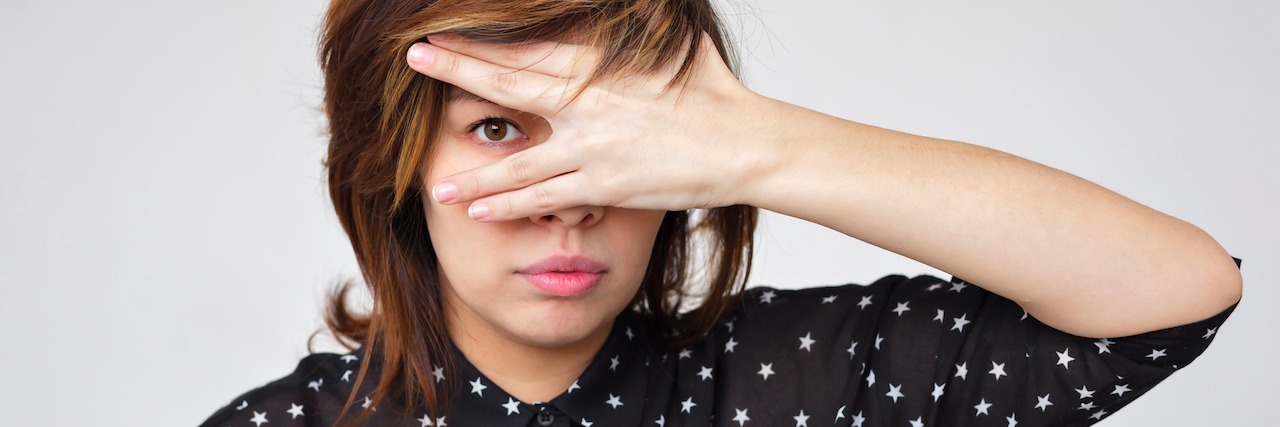We Need to Address the Mental Health Effects of 'Adult Bullying'
This is a really difficult article for me to write, but I feel it’s importance is so necessary that any emotional pain or triggering thoughts experienced through writing this are completely worth the message it could possibly send. That is, adult bullying is a serious issue that needs to be addressed.
First I will start off by saying that bullying can occur in all age groups, and in many different settings: the home, school, university, workplace, cyber bullying, neighborhoods, within friendship groups. It can be severely psychologically damaging. Bullying is described as repeated behavior that is intended to hurt someone else emotionally, physically and mentally. I have been bullied as a child, as an adolescent, but one very distinguishable event in my life is remembering the bullying I endured as an adult.
It’s at your expense:
In my very first year at university, I made two friends, who I got on fairly well with individually. However, when we came together as a group, I noticed a few digs about my personality and my habits that were made one more frequently and less jokingly as time went on.
For example, I am an introvert. I enjoy spending time alone, and not really a partygoer or a huge socializer. So this became an entertaining topic for these two “friends.” It’s very common for friends to make fun of each other, but it is often a mutual agreement the person has consented to. However, if you are in a situation and notice that not only are you frequently the joke of the conversation, but also not included in the joke that is made at your expense, this can be bullying. People who are masquerading as friends, in order to entertain themselves with somebody that they consider a lesser person. It is not true, you are a strong and beautiful, but they do not appreciate you and they are not your friends. You may think that this won’t have an effect on you, but your self-esteem can become more and more fragile if you allow people around you to treat you unkindly.
It’s not always obvious:
I can imagine when people think about bullying, they think about name-calling, hitting, harassing and many other behaviors that are very overt and obvious to what bullying is often described as. However, with adult bullying, people become more socially aware and they do not want to be labeled or identified as a bully, so they find subtler ways to express their ill intent. This is what makes bullying such as severe psychological mind game, because you often spend half the time wondering why things are not so overtly
offensive.
Drawing on one of my own experiences, I used to live with two women, one of which I was not particularly friends with, but I always showed respect to as a housemate. Often times, I found I was always the one to blame for any issue she was having with the maintenance of the house. Being someone who thinks rationally, I accepted this and made appropriate changes to my behavior to accommodate her concerns, only to find it happening more and more often, and that I was the only person who was being confronted.
Allowing someone to get bullied can be just as bad:
This is something I think some people might be able to relate to. We might know a person who will watch somebody else get bullied and say or do nothing. This person is not the culprit, but they are complicit. There are many reasons why people may not want to get involved. It is often a human instinct to want to protect ourselves from danger, and some people may not want to get involved in confrontation out of fear that they will become the target. But in case where you are all adults. If you find that somebody is passively accepting that you as a vulnerable person are being bullied, then that person is complicit in allowing someone to become the victim of psychological illness and distress.
Its impact on your mental health:
Bullying is toxic. It poisons your self-worth, self-esteem, happiness and joy by attacking the very person you are. The effect of bullying on mental health is so prominent, I personally feel that more should be done to raise awareness of bullying, across all age groups and settings. However I focus on adult bullying because as adults, sometimes we don’t like to admit people are emotionally hurting us. Society encourages others to have a laid-back attitude. It is often looked down upon to be emotionally aware, and you’re sometimes labeled as “sensitive “or a “softy.” Nobody wants to be called a cry-baby or feel as if they are taking things too personally, and this is how, in my opinion, bullying sneaks in and takes hold in a situation. I have been bullied nearly all my life, and I never realized how much it destroyed me as a person until I realized that I walk with my head down, and I often walk through life with my spirit suppressed, feeling unworthy. I wondered where this came from, and it can take years, accumulating from mistreatment, to realize how bullying has impacted your mental health. I encourage anyone to seek help so it does not take over your life.
Here are some useful websites offering advice and helpline support for people being bullied:
We want to hear your story. Become a Mighty contributor here.
Thinkstock photo via Koldunov

